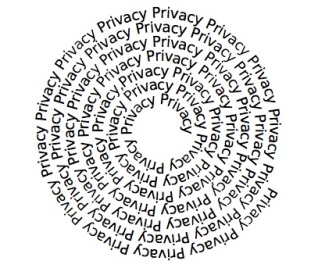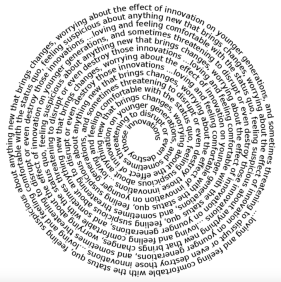 How do you develop a solid online presence while simultaneously having the ability to enjoy a social media account with friends and maybe even be a little goofy? It is possible, but organizing one’s digital footprints takes organization and attention.
How do you develop a solid online presence while simultaneously having the ability to enjoy a social media account with friends and maybe even be a little goofy? It is possible, but organizing one’s digital footprints takes organization and attention.
This issue is of paramount importance for people who will be applying for school or jobs in today’s digital world.
To learn more about managing life in the social media world check out an informative New York Times article that describes how a 21st Century individual goes about balancing privacy with a necessary public online presence. Many people worry about how much to share in the digital world and how to separate personal and professional personas. The article, Build an Online Presence Without Giving Up Privacy, explains how a person can go about doing it. Continue reading “Can You Have an Online Presence & Still Have Some Online Privacy?”



 Do you find yourself nervous and at wits end about all the problems with social media and kids? Do you dread hearing the next news report about kids, screens, and digital addiction because it feels too close to home? Are you regularly worried about the intensity of your own digital activities?
Do you find yourself nervous and at wits end about all the problems with social media and kids? Do you dread hearing the next news report about kids, screens, and digital addiction because it feels too close to home? Are you regularly worried about the intensity of your own digital activities?
 Children, at least some of them, may be getting tired of social lives dominated by social media.
Children, at least some of them, may be getting tired of social lives dominated by social media.
You must be logged in to post a comment.